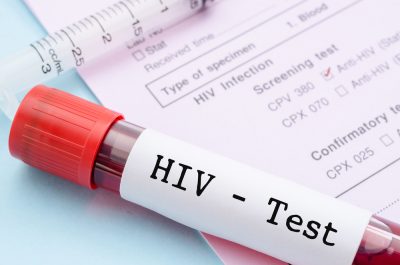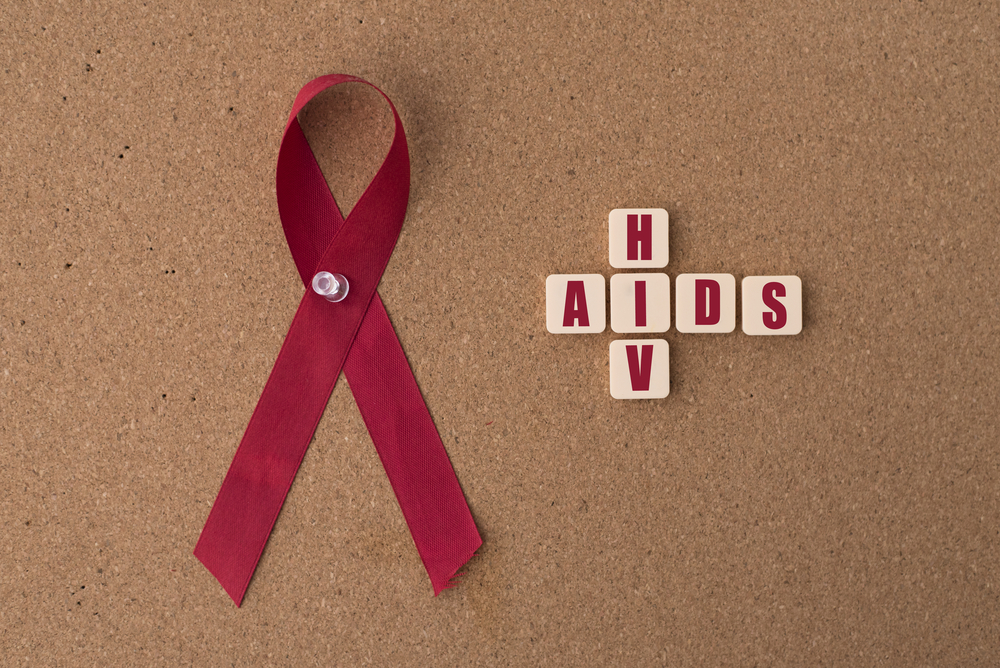HIV, known as the human immunodeficiency virus, is a very deadly virus that usually attacks the body’s immune system. It has been found to affect the CD4 cells most. These cells are mainly responsible for protecting your body from sicknesses.
HIV is not like other viruses that can be destroyed by the immune system. HIV often presents itself with different symptoms in people, which is why it is rare for two people to experience the same symptoms. Some people might not experience any symptoms until after a long period.
Despite that, this disease still follows a pattern. First, it starts with acute illness, then proceeds to an asymptomatic period, before getting to the advanced infection stage.
Acute Illness
Research has shown that over 80% of people that get infected with HIV begin to notice some flu-like symptoms after about 14days up to one month.
These symptoms are referred to as acute HIV infection. This is the initial stage of the virus, and it stays in this stage until your body creates antibodies to combat the virus.
These are some of the main symptoms people experience when HIV is in this stage;
- Fever
- Serious headaches
- Body rash
- Sore throat
These are some of the less likely symptoms to expect in this stage;
- Inflamed lymph nodes
- Fatigue
- Aches in your muscles
- Pains in your joints
- Vomiting and nausea
- Sweating at night
- Ulcers on your genitals or mouth
Generally, these symptoms do not clear until about 14 days. If you are experiencing these symptoms and you think you may have the virus, you should make time to see your doctor as soon as possible so that you can be tested.
Symptoms that only men experience
It is a well-known fact that men and women tend to experience the same HIV symptoms, but some symptoms are specific to only men. These are the symptoms;
Low sex drive
This could be that you have hypogonadism, which is a condition where your testicles are not capable of producing enough testosterone. It is also linked to HIV.
 These are some of the other symptoms that accompany hypogonadism;
These are some of the other symptoms that accompany hypogonadism;
- Fatigue
- Depression
- Decreased hair growth on your face and body
- Significant growth of breast tissue
- Erectile dysfunction
Sores on your penis
A man that has HIV tends to have painful and open ulcers or sores on his esophagus or mouth. However, these sores could appear in places like the penis or anus, and they are recurrent.
Burning sensation while urinating
Most time, this is a sign that you have a sexually transmitted disease like chlamydia or gonorrhea.
It may also lead to the inflammation of the prostate gland, which is a small gland located under your bladder. This is a condition known as prostatitis; a bacterial infection could also cause it.
These are some of the other symptoms that accompany prostatitis;
- A frequent urge to pee
- Having pains while ejaculating
- Traces of blood in your urine
- Having pain in your testicles, penis, bladder, or the part between your rectum and scrotum
- Pain in your abdomen, groin, or lower back
Asymptomatic period
When the first symptoms have cleared up, HIV may not present itself with any other symptoms until some months or years. At this point, the virus starts multiplying and attacking your immune system.
People who are at this stage of the disease would not look or feel sick, although HIV is active. It is also possible to transfer the virus easily from one person to the other at this stage. This is why it is advisable to get tested early, even if you think you feel fine.
Advanced infection
It could take a while, but HIV will inevitably break down the immune system of the person that has it. At this point, it would have gotten to stage 3 HIV, which is widely known as AIDS. This is often referred to as the final stage of the virus.
Anybody that reaches this stage would already have a seriously weakened immune system, which would make you more likely to have opportunistic infections.
The body of a healthy person can normally fight these infections, but it could be especially detrimental to someone with HIV. People that have contracted this virus would notice an increase in their frequency of having diseases like fungal infections, cold, and flu.
These are some of the other symptoms that accompany AIDS;
- Vomiting
- Nausea
- Stubborn diarrhea
- Rapid loss of weight
- Severe fatigue
- Loss of memory, neurological conditions, or confusion
- Lengthy inflammation of the lymph nodes in the groin, neck, or armpits
- Lesions, rashes, or sores in your nose or mouth, under your skin, or on your genitals
- Night sweats and chills.
- Shortness of breath and cough.
How HIV progresses
As this virus moves from one stage to another, it would keep attacking and eliminating the CD4 cells until the body is no longer capable of fighting off diseases and infections.
Due to this occurrence, the condition would proceed to stage 3 HIV, and the time taken for it to reach this stage can range from a few months to several years.
It is not everybody that contracts HIV that would get to stage 3 as it can be controlled using a medication known as antiretroviral therapy.
This is a medication combination that is sometimes known as highly active antiretroviral therapy (HAART) or combination antiviral therapy (cART). This drug therapy aims to stop the virus from replicating itself.
However, even as it is capable of improving the quality of life and stopping the progression of the virus, this treatment should be started early as that is when it is most effective.
How common is HIV?
Research has shown that over 1.1 million Americans are living with HIV. At some point in the year 2016, it was estimated the number of HIV diagnoses in the US were 39,781. Out of the cases, about 81% were men who are aged 13 or above.
HIV is a virus that can affect anybody regardless of your gender, sexual orientation, or race. HIV moves from one person to another by coming in contact with semen, vaginal fluids, or blood that are positive with the virus.
If you do not use a condom when having sex with someone that has HIV, then you are increasing your chances of contracting the diseases.
Get tested early
 If you are a person that has an active sexual life or you feel you have shared personal objects with a suspected HIV patient, you should visit your doctor to take a test, especially if you are noticing any of the symptoms.
If you are a person that has an active sexual life or you feel you have shared personal objects with a suspected HIV patient, you should visit your doctor to take a test, especially if you are noticing any of the symptoms.
It is recommended that you go for yearly tests if you use intravenous drugs, are sexually active and have more than one partner, or if you have had unprotected sex with an HIV patient. The testing is easy and fast, and it only needs a little sample of your blood.
You can easily get an HIV test as a lot of community health centers, substance misuse programs, and medical clinics can get you tested.
You can also choose to order a home HIV test kit like the OraQuick In-Home HIV Test. By using these home test kits, you would not need to send your samples to a lab. Just by using an oral swab, you can get results in less than 45 minutes.
How to protect yourself against HIV
Research has shown that up to 15% of people that have HIV don’t know that they are living with this. While the yearly number of HIV transmissions is stable, there has been an increase in the number of people living with the disease.
This is why it is vital to be educated on the symptoms of HIV and get tested to be sure that you don’t have it. One effective way of protecting yourself from contracting this virus is by avoiding contact with bodily fluids that might have the virus.
These are some of the measures you should take to make you less susceptible to contracting the virus;
Use a condom when having anal or vaginal sex
When condoms are used properly, they would be very efficient when protecting yourself from HIV.
Do not use intravenous drugs
Try as much as possible not to reuse or share needles
Be careful
Your chances of contracting HIV may be reduced if you treat all blood as though they may be infectious
Get tested: getting tested
The surest way to ensure that you do not have HIV is to get tested. If you end up being positive for HIV, you will be provided an appropriate treatment plan along with everything you need to know so as not to transfer the virus to another person.
Conclusion
A cure has still not been made for HIV. However, if it is discovered early and you begin treatment fast, it could slow down the progression and, at the same time, enhance your quality of life.
Research has shown that people with HIV can live a close to normal life if they start treatment before the virus damages the immune system.



